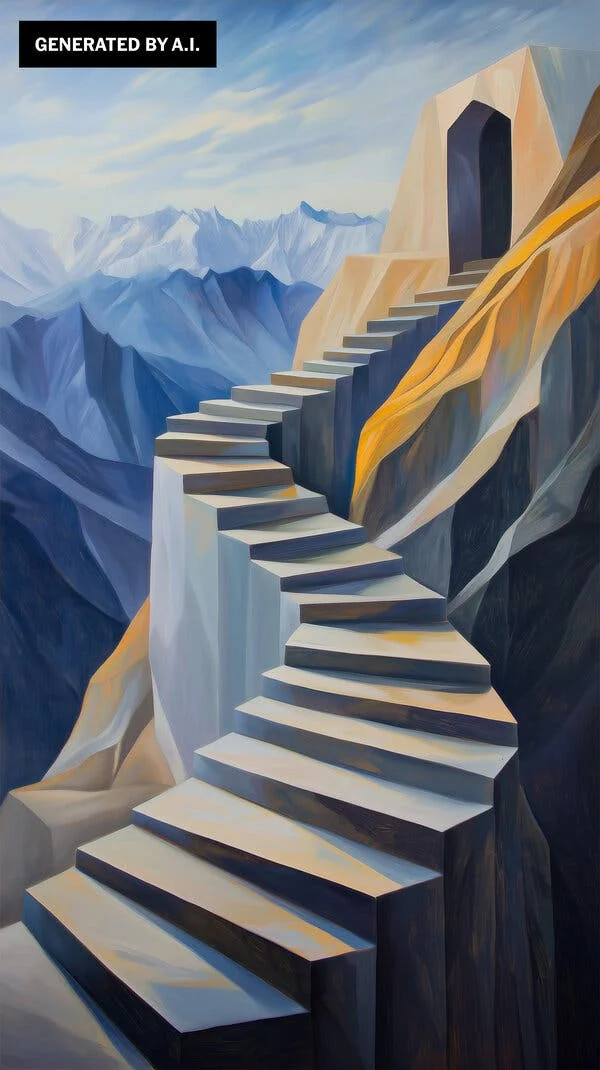
The Known Lost: Honoring Extinct Species Through Art And Sound
In the heart of New York City's East Village, a groundbreaking exhibition titled The Known Lost is paying homage to the countless species that have vanished from our planet. Artist K Allado-McDowell has ingeniously combined art and sound to create a unique immersive experience that encourages reflection on extinction and biodiversity loss.
The exhibition features A.I.-generated images that serve as backdrops for the installation, providing a visual tribute to extinct species. Visitors can engage with the artwork by singing the scientific names of these bygone beings, creating a meditative atmosphere that promotes contemplation and healing.

According to Allado-McDowell, the exhibition serves not only as a reminder of what has been lost but also as a call to introspection about humanity's role in the ongoing sixth mass extinction, driven largely by human activity. The artist's vision is ambitious: to evolve this exhibition into a physical monument, further reinforcing the importance of acknowledging our ecological heritage.
In a video interview, Allado-McDowell mentioned, "The strategy here is to start thinking with deep time — trying to expand our sense of ancestry but also our sense of futurity." This forward-thinking approach is crucial, especially in an era where the reality of climate change can often feel paralyzing. Curator Alison Coplan noted, "K made this exhibition to reckon with a way we can start to focus our energy and move forward." The collaborative nature of the exhibition aims to inspire action rather than despair.
Allado-McDowell's exploration of extinction contrasts the historical narrative of loss with the dynamic potential for evolution. By reflecting on humanity's part in this ongoing story, visitors are encouraged to consider how their choices contribute to ecological health. Allado-McDowell emphasized that acknowledging what we don't know can be liberating: "Touching what we don’t know opens up a possible way of relating to the world that allows us not to be the center of the universe." This perspective is vital in cultivating a healthier relationship with nature.
The Known Lost runs from May 7 to September 7 at the Swiss Institute, presenting a compelling blend of art, science, and community engagement. Visitors leave with a deeper understanding of extinction's complex nature and a renewed commitment to protecting our planet's biodiversity. As Allado-McDowell points out, everything we do really matters. How will you contribute to the future of life on Earth?